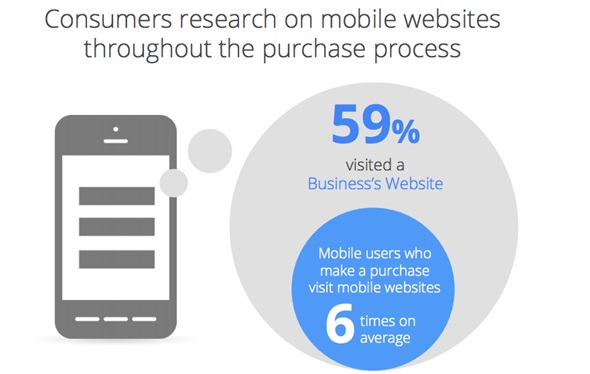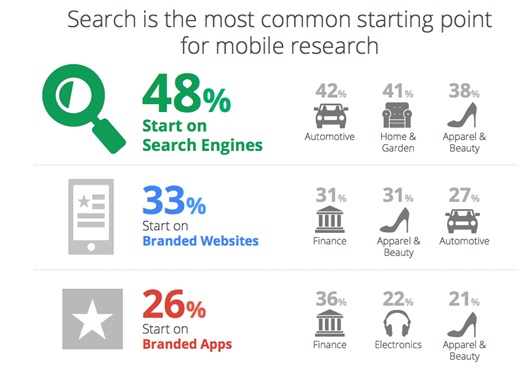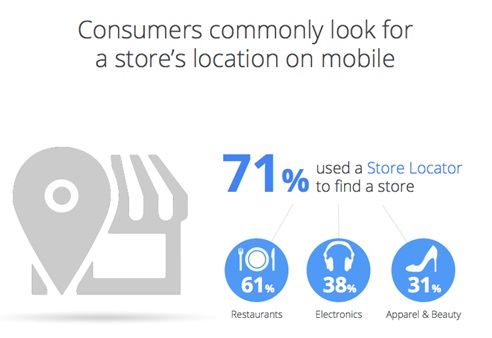MobiBizs
Mobibizs - Website Market
- Website Market
- ■ Battle for Mobile Advertising
- ■ 6 Important Data for E-commerce
- ■ The Five Most Useful Mobile Marketing Tools!!
- ■ Making Yout Social Media Strategy
- ■ Get more business from QRCodes
- ■ Did you catch up on the SOMOLO trend?
- ■ QRCode can save your life?
- ■ Using QR code online shopping at The MobiBizs
- ■ 5 Reasons Why You Need to Be Mobile Ready for 2014 (Part 2)
- ■ QR Code shopping is taking off
- ■ Master the Internet marketing trends
- ■ Mobile-Friendly Emails
- ■ Why You Need to Be Mobile Phones (Part 1)
- ■ conduct QR code shopping using MobiBizs
- ■ 4 Ways to Increase Sales
- ■ Mobile Commerce|Mobile advertising to grow 300%
- ■ Holiday shopping habits get demystified via mobile marketing
- ■ Do the right Internet ads
- ■ Mobile Application Main Trend
- ■ Follow QR Code to travel
- ■ The palm wallet!?
- ■ M-Commerce New Way
|
|
5 Reasons Why You Need to Be Mobile Ready for 2014Ingnoring the market of mobile searching is just as horrible as turning your customer awayAcross the web, there are countless articles and presentations that share why the imminent future is mobile and how to initiate and track mobile marketing and advertising. So, yeah, mobile phones is pretty big.And yet there are still some businesses that seem to be happy to rely on desktop visits and interactions, regardless of the preferences of their customers. While this is entirely their prerogative, it’s also potentially dangerous thinking, as a recent joint study between Google and Nielsen shows. 1. Mobile phone and the Research Stage
These are just some of the basic statistics around mobile browsing when it comes to the research stage. Taking a look at the figures, more than half the mobile audience visit sites on their phone, and make return visits to confirm/validate product research on your brand elsewhere. If you’re not making it easy for your customers to carry out these actions, you’re simply turning them away to a competitor who will. 2. Mobile and Search
This not only helps brands answer the question of whether they should have a mobile optimized site or app, but also how they should be planning out their mobile ad and marketing campaigns when it comes to raising brand awareness at the point of search. 3. Mobile and GeoLocation Benefits While there might be some merit to this form of geolocation, today’s mobile consumer wants to know that a researched location is local when it comes to actual purchases.
While both Foursquare and Facebook have mixed reviews when it comes to their geolocation services, the point is people are looking for businesses and services based on location and proximity. Having Foursquare Ads tied into geographical searches is one way for local businesses to benefit. And with Google’s continued evolution of its search algorithms, its own Google Places for Business solution is expected to play an even bigger part for logged-in Google Apps users when using mobile search.
|


